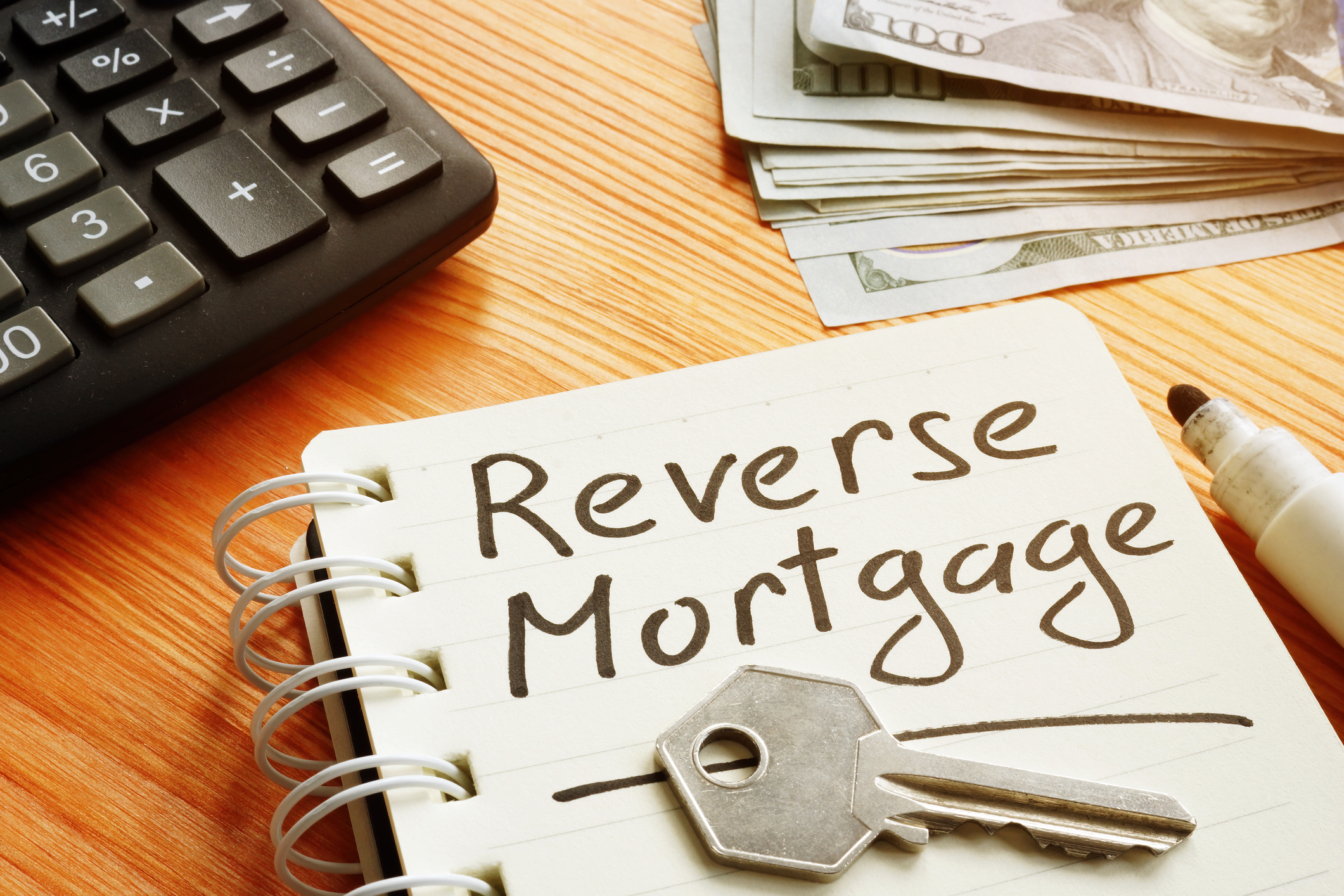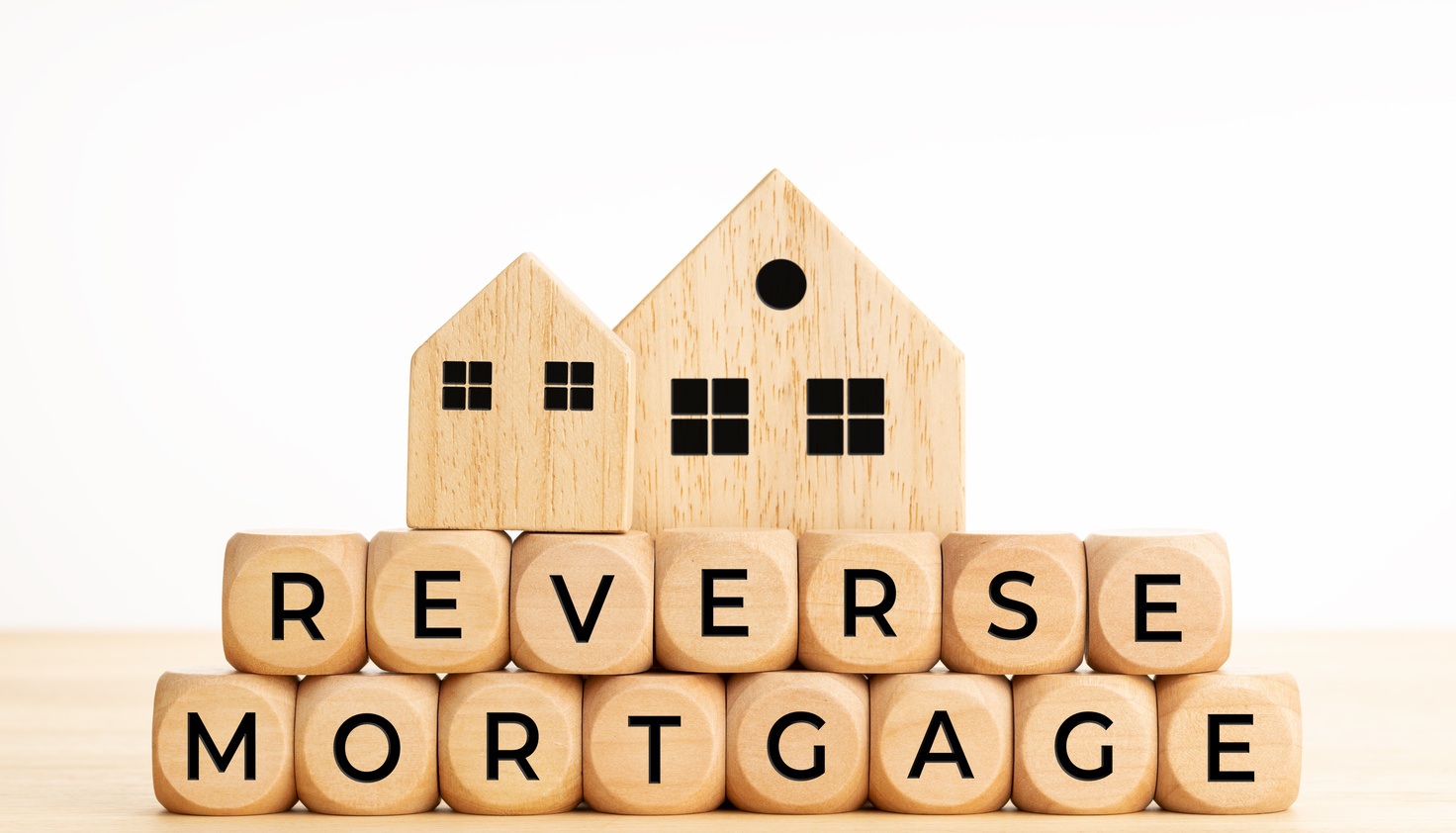Discover How You Can Purchase Reverse Mortgage for Financial Freedom
Discover How You Can Purchase Reverse Mortgage for Financial Freedom
Blog Article
Empower Your Retired Life: The Smart Method to Acquisition a Reverse Home Mortgage
As retirement methods, many individuals look for efficient techniques to improve their financial independence and wellness. Amongst these approaches, a reverse home mortgage arises as a viable option for home owners aged 62 and older, enabling them to touch into their home equity without the need of regular monthly settlements.
Recognizing Reverse Mortgages
Comprehending reverse home loans can be critical for home owners looking for financial adaptability in retirement. A reverse home mortgage is an economic product that enables eligible home owners, typically aged 62 and older, to convert a part of their home equity right into cash money. Unlike typical mortgages, where customers make month-to-month payments to a lender, reverse home loans allow property owners to get payments or a swelling amount while retaining ownership of their building.
The quantity offered through a reverse home loan depends on numerous elements, including the homeowner's age, the home's value, and current rates of interest. Significantly, the finance does not have to be repaid until the home owner offers the home, leaves, or dies.
It is important for potential customers to comprehend the implications of this monetary product, consisting of the effect on estate inheritance, tax obligation considerations, and continuous obligations associated with residential or commercial property maintenance, tax obligations, and insurance coverage. In addition, counseling sessions with accredited experts are often called for to guarantee that borrowers totally understand the conditions of the finance. Overall, a detailed understanding of reverse home loans can equip homeowners to make enlightened choices regarding their monetary future in retirement.
Benefits of a Reverse Home Mortgage
A reverse home mortgage uses several compelling benefits for eligible home owners, particularly those in retired life. This financial tool allows elders to convert a portion of their home equity into cash money, giving vital funds without the requirement for regular monthly home loan payments. The money obtained can be used for numerous objectives, such as covering clinical expenditures, making home enhancements, or supplementing retired life revenue, thus enhancing total monetary flexibility.
One significant benefit of a reverse home mortgage is that it does not require payment till the property owner relocates out, offers the home, or dies - purchase reverse mortgage. This attribute enables retirees to preserve their way of living and meet unexpected costs without the burden of monthly payments. In addition, the funds obtained are normally tax-free, allowing property owners to use their cash money without fear of tax obligation implications
Moreover, a reverse home mortgage can offer assurance, knowing that it can function as a financial safety internet during challenging times. Home owners additionally maintain possession of their homes, guaranteeing they can continue living in an acquainted atmosphere. Inevitably, a reverse home mortgage can be a calculated funds, equipping retirees to handle their financial resources successfully while appreciating their gold years.
The Application Process
Navigating the application process for a reverse mortgage is a crucial step for homeowners considering this monetary option. The first stage involves evaluating qualification, which typically requires the property owner to be at the very least 62 years old, very own the building outright or have a low home loan balance, and occupy the home as their primary residence.
Once qualification is verified, homeowners should undergo a therapy session with a HUD-approved counselor. This session ensures that they fully recognize the implications of a reverse home loan, consisting of the obligations involved. purchase reverse mortgage. After completing therapy, applicants can continue to gather necessary paperwork, consisting of proof of revenue, assets, and the home's value
The following action involves submitting an application to a lender, that will examine the financial and home credentials. An evaluation of the home will also be carried out to identify its market price. If authorized, the lending institution will certainly present lending terms, which ought to be assessed meticulously.
Upon approval, the closing process adheres to, where final papers are authorized, and funds are paid out. Comprehending each stage of this application procedure can significantly boost the homeowner's confidence and decision-making relating to reverse home loans.

Key Factors To Consider Prior To Investing In
Investing in a reverse home mortgage is a substantial economic decision that calls for mindful factor to consider of a number of vital variables. First, understanding your eligibility is critical. House owners should be at least 62 years old, and the home has to be their primary house. Assessing your monetary demands and objectives is just as crucial; determine whether a reverse home loan lines up with your long-term strategies.

Furthermore, assess the effect on your current way of life. A reverse home loan can affect your qualification for certain government advantages, such as Medicaid. Seek specialist advice. Consulting with an economic consultant or a housing counselor can provide useful insights tailored to your individual scenarios. By completely assessing these factors to consider, you can make a much more educated decision about whether a reverse home mortgage is the right economic approach for your retired life.
Maximizing Your Funds
Once you have actually safeguarded a reverse home loan, properly handling the funds ends up being a priority. The flexibility of a reverse mortgage enables homeowners to use the funds in numerous ways, however critical planning is important to maximize their advantages.
One essential additional hints method is to produce a budget plan that describes your economic goals and monthly costs. By determining required costs such as medical care, residential or commercial property tax obligations, and home upkeep, you can allocate funds as necessary to make certain long-term sustainability. Furthermore, consider utilizing a portion of the funds for financial investments that can produce income or value with time, such as common funds or dividend-paying supplies.
An additional important facet is to keep an emergency situation fund. Reserving a book from your reverse home mortgage can assist cover unexpected prices, offering comfort and financial stability. Seek advice from with a monetary consultant to explore possible tax implications and just how to integrate reverse home mortgage funds right into your overall retired life approach.
Eventually, prudent monitoring of reverse home loan funds can boost your financial security, permitting you to appreciate your retired life years without the tension of financial uncertainty. Cautious planning and educated decision-making will certainly ensure that your funds work properly for you.
Final Thought
To conclude, a reverse home loan offers a sensible economic technique for elders seeking to boost their retired life experience. By transforming home equity right into easily accessible funds, people can attend to necessary expenditures and safe and secure added monetary resources without sustaining regular monthly payments. However, mindful factor to consider of the linked terms and ramifications is vital to take full advantage of advantages. Eventually, leveraging this monetary tool can help with greater independence and improve overall lifestyle throughout retired life years.
Comprehending reverse home loans can be important for homeowners seeking economic adaptability in retired life. A reverse mortgage is a Learn More Here monetary item that allows eligible home owners, generally aged 62 and older, to convert a section of their home equity right into cash. Unlike traditional home loans, where consumers make regular monthly repayments to a lender, reverse home loans allow house owners to receive settlements or a lump sum while keeping possession of their residential property.
On the whole, a thorough understanding of reverse home loans can encourage homeowners to make informed choices about their economic future in retirement.
Seek advice from with an economic consultant to check out possible tax obligation implications and Get the facts exactly how to integrate reverse mortgage funds into your total retired life technique.
Report this page